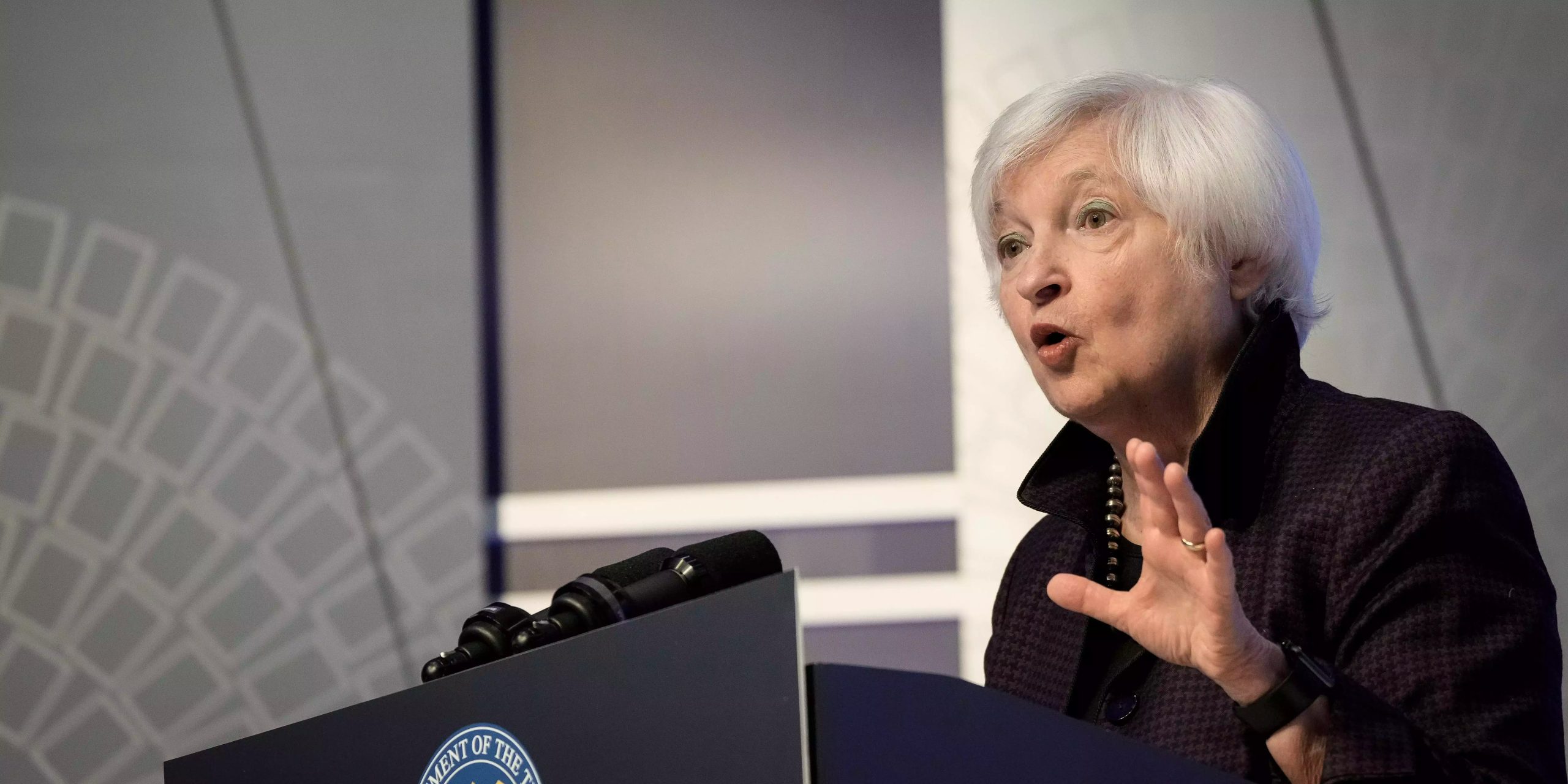Foreign bond investors are expressing serious concerns about the growing deficits in the United States, according to Gennadiy Goldberg, an analyst at TD Securities. This comes as demand for US Treasury bonds appears to be waning. Goldberg warns that foreign buyers are driving worries about demand in the Treasury-bond market, and the increasing deficits pose a significant risk.
One of the factors contributing to these concerns is the climbing yields globally, which could lead to upward pressure on US rates in order to remain competitive. Moreover, the inability to control deficits and their continuous growth is discouraging for foreign investors, especially those overseas. Goldberg stated that all foreign investors he recently spoke to are extremely concerned about the trajectory of US deficits.
These concerns align with projections that government overspending will continue to push US debt levels up. Some observers even warn of potential default in the future. Fitch Ratings downgraded the US credit rating in August, citing deteriorating fiscal governance. Despite a significant retreat in US bond yields after reaching 17-year highs last month, risks in the bond market persist. Several auctions of longer-dated Treasurys have experienced lackluster demand, and upcoming 10-year and 30-year bond auctions will serve as a crucial test.
Additionally, a recent report from a key advisory group to the Treasury Department highlights early signs of weakening demand, coinciding with an increase in supply. Goldberg further explains that US Treasury demand is facing challenges as yields around the world rise, noting that the US was previously seen as the only option for higher yields. However, with the global interest rates moving higher, investors are becoming increasingly worried.
China and Japan are particularly significant players in this regard as they hold the largest amount of US debt globally. The advisory group also highlights the risk that the strength of the US dollar may incentivize foreign central banks to shed Treasury holdings to stabilize their own currencies. Japan, for example, is looking to end its loose monetary policy, which could lead investors to reposition their assets out of Treasurys and into Japanese bonds. Similarly, the decline in the Chinese yuan could prompt Beijing to sell more Treasurys. Though there is some debate regarding the extent of China’s selling activities, the mere threat of Beijing and Tokyo selling is destabilizing for markets.
Goldberg emphasizes that the potential for these countries to sell more assets is what truly concerns markets. The implications of such actions could be significant.

I have over 10 years of experience in the cryptocurrency industry and I have been on the list of the top authors on LinkedIn for the past 5 years. I have a wealth of knowledge to share with my readers, and my goal is to help them navigate the ever-changing world of cryptocurrencies.











